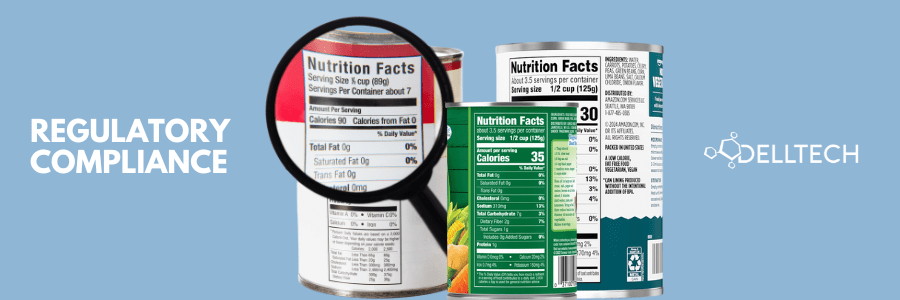By: Joanna Chudyk, Regulatory Affairs Specialist, email
Since the implementation of the Temporary Marketing Authorization (TMA) process, Iodine has not been permitted for use in supplemented food (SF) or caffeinated energy drink (CED’s) products. However, on November 9th, 2022, Health Canada published a proposal to enable the use of iodine as a supplement ingredient (SI) in supplemented foods.
The addition of Iodine to foods would be restricted to a maximum of 76 mcg/serving for CED’s and 189 mcg/serving in all other supplemented foods. There will also be a number of cautionary statements required on the label depending on the amount in the product.
Along with the new Supplemented Food Regulations published in July 2022, a “List of permitted supplemental ingredients” was introduced that outlined the acceptable food categories, dosages, and corresponding risk statements for each SI. If you are interested in requesting a new supplemental ingredient be added to the list you can submit a Supplemental Ingredient Submission to the Food Directorate for consideration. The Food Directorate is reviewing requests on a prioritized basis and so timelines for approval have not been established.
If you have any questions about bringing Supplemented Food to the Canadian market, Dell Tech is here to assist you. Contact us for a quote today!
Contact:
Dell Tech
Joanna Chudyk, M. Sc.
Regulatory Affairs Specialist
joanna@delltech.com
Dell Tech has provided professional, confidential consulting services to the chemical specialty
industry in Canada, the USA, Europe, and Asia for the last 40 years.
Contact us today for more information.




